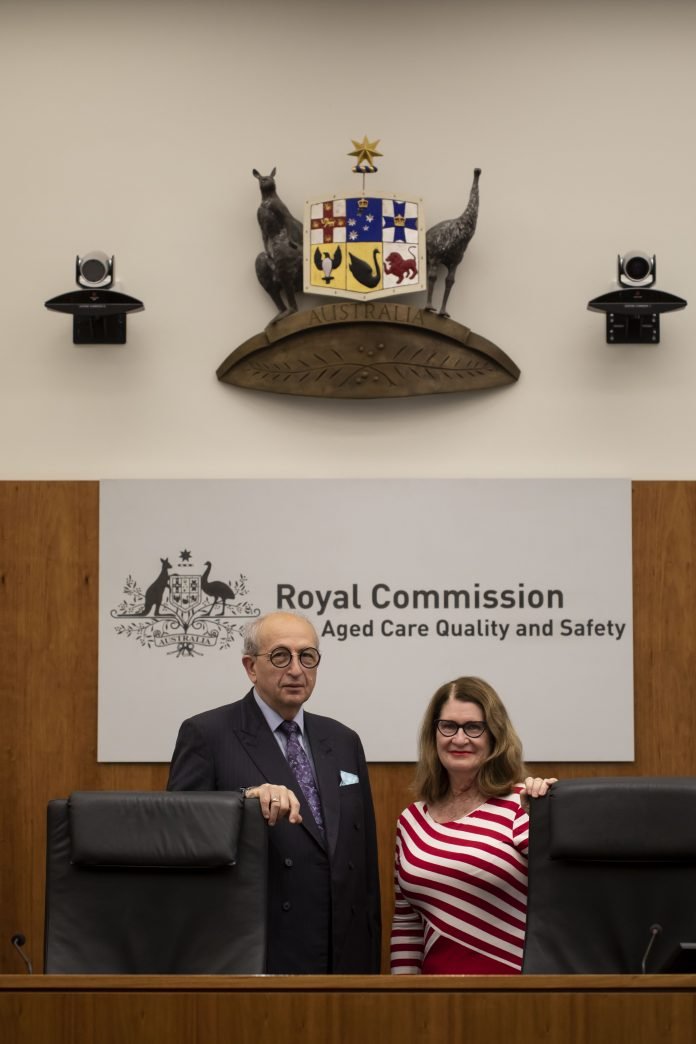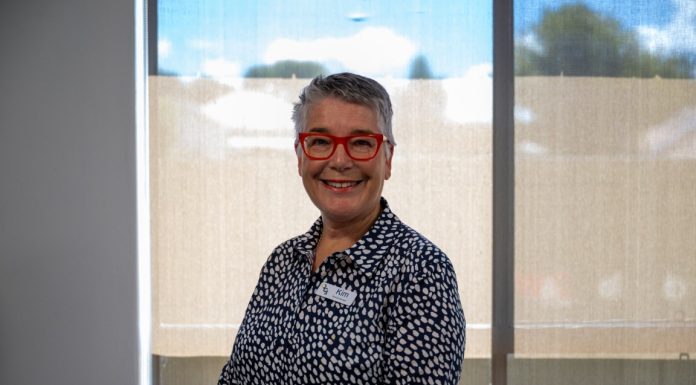Infection control, the cost of appropriate PPE and inconsistent messaging from authorities were highlighted as critical aspects by providers during Covid-19 outbreaks last year.
Today the Royal Commission into Aged Care Quality and Safety published 75 submissions – from providers, individuals and action groups – into the issues and complexities of dealing with the pandemic in aged care.
The submissions were written in June, ahead of the 191 outbreaks in Victorian homes that impacted more than 2000 aged care residents and more than 2200 staff. Last year 693 Australians in aged care died last year from COVID-19.
UnitingCare Australia was among many submissions that focused on Australia’s need to increase respect and care for our elderly, amid an increasing need for services and funding.
“[The Covid-19 pandemic] has thrown into high relief the need for a community conversation about the services we expect to see provided in residential facilities, and how the government invests in those services,” the submission said.
“This is the time to lay the foundation or a more economically just and sustainable society that is better prepared for the future.
“We believe that reforms to the aged care sector have failed to deliver a system that meets community expectations because, in designing and implementing programs, governments have failed to take adequate consideration of the fact that users of services exist in a broader social and economic context.”
It called for an increase in the funding to 2 per cent of Australia’s GDP, with improved access and interface to aged care, disability and health services akin to a Medicare model.
UnitingCare said one of the major impacts was the impact of visitor restrictions and increased social isolation. “Initially the residents were very understanding of the need for restrictions but many have struggled as the rest of the community had restrictions lifted,” it said.
They also highlighted the impact on workers – with increased fears for their health and that of their residents, a jump in workload and increased demand for customer support. They noted “an incredible amount of stress” on facility managers.
Bolton Clarke said it moved early to respond to Covid-19, setting up processes from January.
When a hotspot arose in western Sydney near the start of the Australian pandemic, it brought on enhanced protection measures for screening and monitoring, work zones for resident cohorts, a dedicated staff bus so they could avoid public transport, and low-risk accommodation for onsite workers.
It said about 196,000 people were screened across facilities between March and June.
In the submission from June, the provider said the greatest impact on residents and home-care clients were the concerns and anxieties, and visitor restrictions.
For at-home care, Bolton Clarke said screening systems including a four-step questionnaire in 25 languages, was established to meet the needs of their culturally and linguistically diverse clients.
Infection control was critical. Increased hygiene practices and “infection prevention champions” were identified for each site, then monitored.
RSL LifeCare said putting residents at the centre of care while having a risk-focused mindset brought clarity to their response.
It said there were frequent challenges. This included access to PPE, difficulties getting timely and consistent information from governments, and navigating inconsistent legal obligations from different levels of government.
It said a multidisciplinary crisis management team with streamlined processes drove their response, with their work prioritised over business-as-usual demands.
“Having a structure, systems, policy and protocols to address specific pandemic-related matters, with an ability to respond accordingly, are essential elements in the governance suite,” they said.
RSL LifeCare also noted that frequent and clear communications were vital to managing expectations of residents, staff and families.










